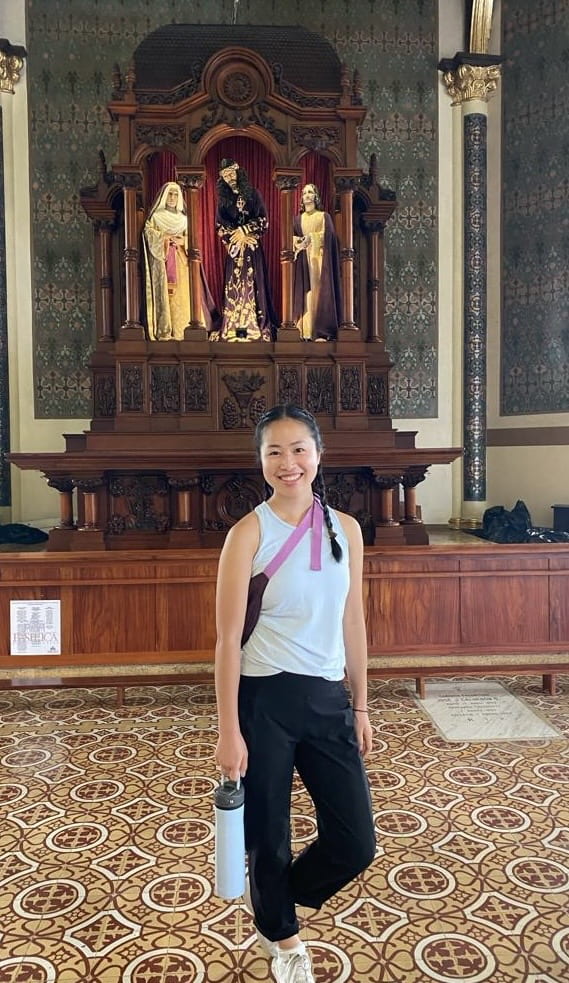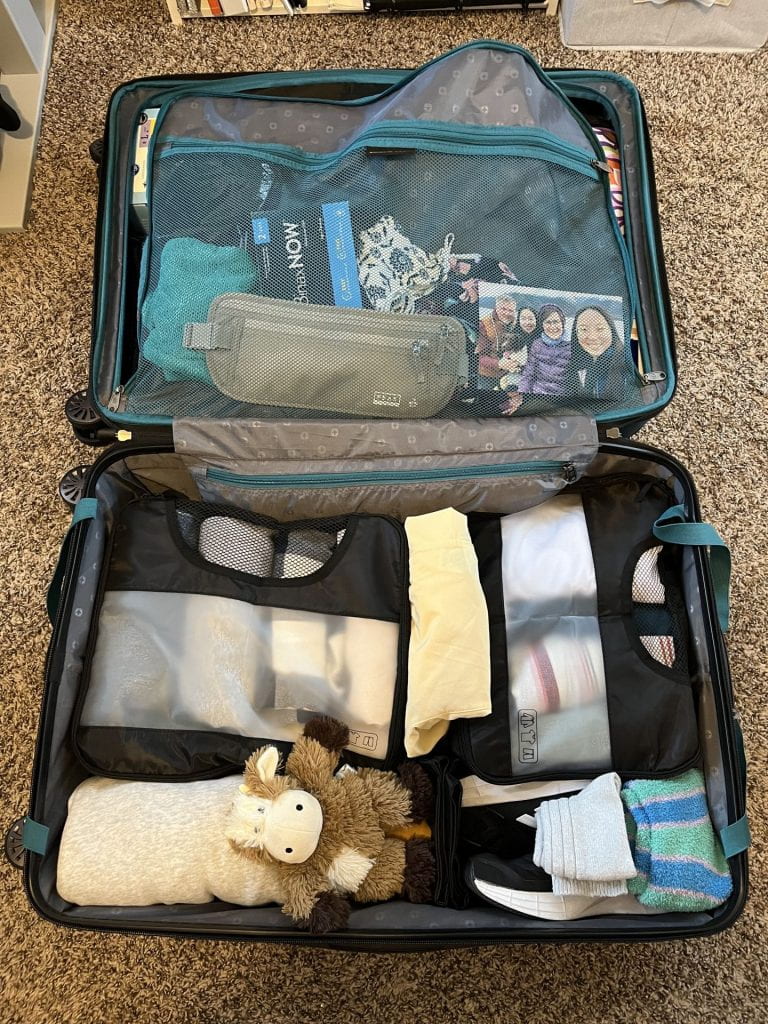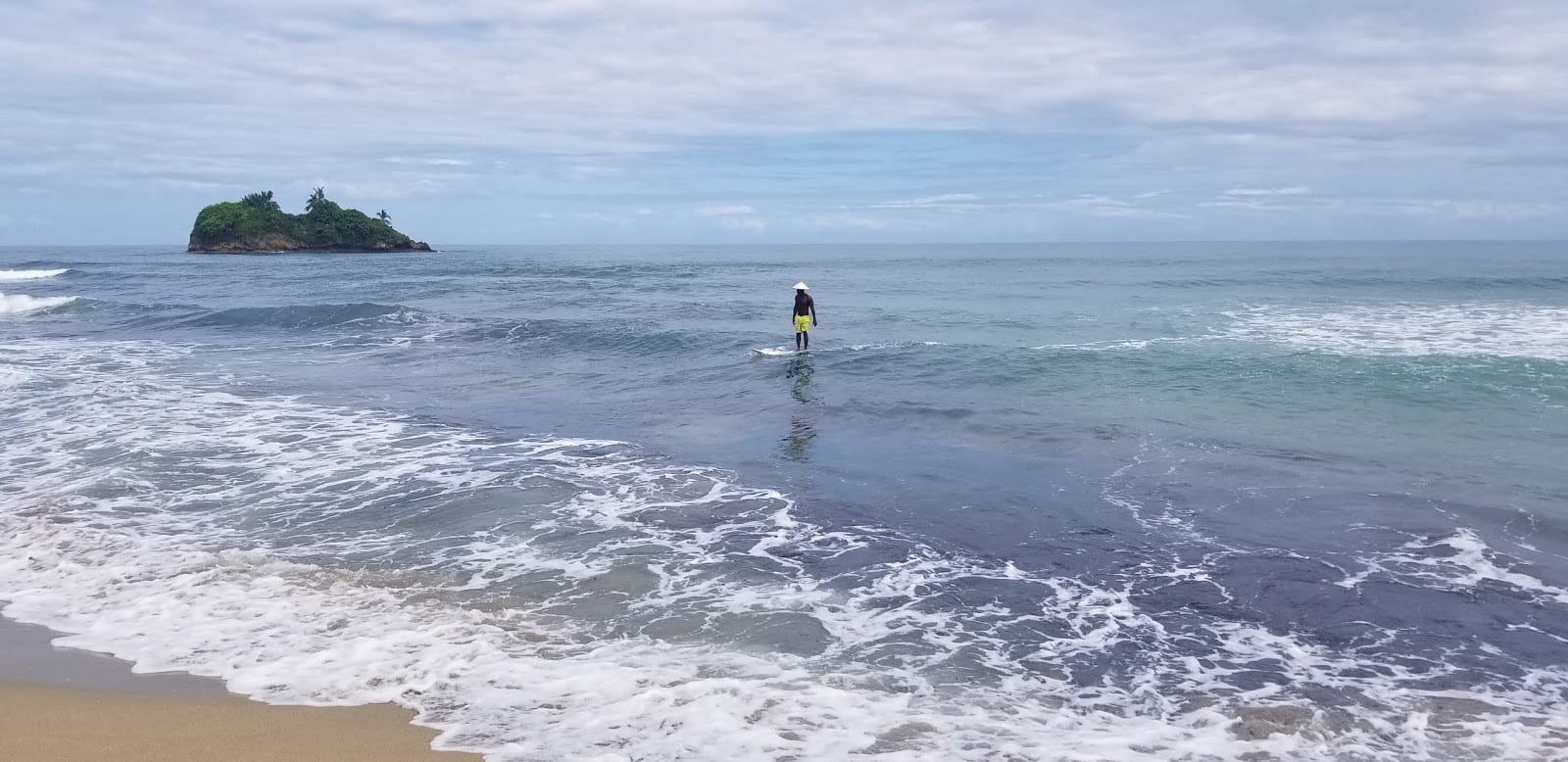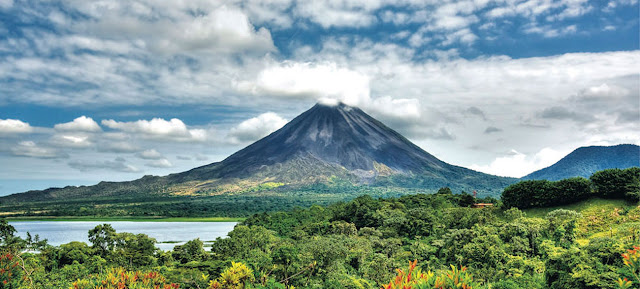Hi Readers,
I imagined that my previous post would be the final one for my blog, but it turns out that I have a post-program reflection to complete. To contextualize, I’ve been participating in WWU’s Travel Writing Program by responding to the writing prompts at each stage of my program. Today, I’ll be discussing some of my main takeaways, advice for other students going abroad, and other reflections.
Key Takeaways
- Learning happens both inside and outside of the classroom. This is why I decided to study abroad and do service-learning (SL)! I sought to finish my last Spanish elective and fulfilled this requirement at my host university. Also, I was excited to gain hands-on experience outside of the classroom. Doing service-learning (= community service + reflective assignments) was an eye-opening experience, because it allowed me to practice my Spanish with native speakers and lend a hand within the community. My Spanish education had prepared me in terms of grammar, reading, and writing, so I didn’t come to Costa Rica to focus solely on academics. I knew that I would truly benefit from complete immersion gained through SL. Volunteering at the music center played a fundamental role in my personal and professional growth.
- Costa Rican culture is nuanced and reflects some aspects of U.S. culture. At a surface level, I observed what a tourist might: many Costa Ricans are kind and accommodating. It’s common to smile and exchange small talk while out and about – even with people you don’t know. Also, Costa Rica is known for its biodiversity and ecological sustainability. People are aware of climate issues and take actionable measures to protect the environment. After living in the capital, San José, and traveling to five of the seven provinces, I began to notice the nuances and complexities of the culture.
For example, Costa Ricans (“ticos”) are more flexible when it comes to time; they take their time, are patient, and adopt a slower-paced lifestyle. When I discussed this topic with my host mom, who’s lived in both the U.S. and Costa Rica, she felt that life is more fast-paced and productivity-driven in the U.S. While abroad in Costa Rica, I often felt restless when nothing was scheduled, and became impatient when things weren’t happening “on-time”. However, I gradually embraced “tico time” and learned to be more patient with others. - Another observation is Costa Ricans’ fascination with the U.S. Walking around the city, you’ll see shops called “Ropa Americana”, which are second-hand stores advertising “American Clothing”. Also, when I first arrived in Costa Rica, I noticed that many chain companies – Starbucks, Subway, malls with Nike and American Eagle, were everywhere. It seemed that facets of U.S. culture (capitalism) were unescapable in Costa Rica. Adapting to social and cultural norms was an integral part of my time abroad.
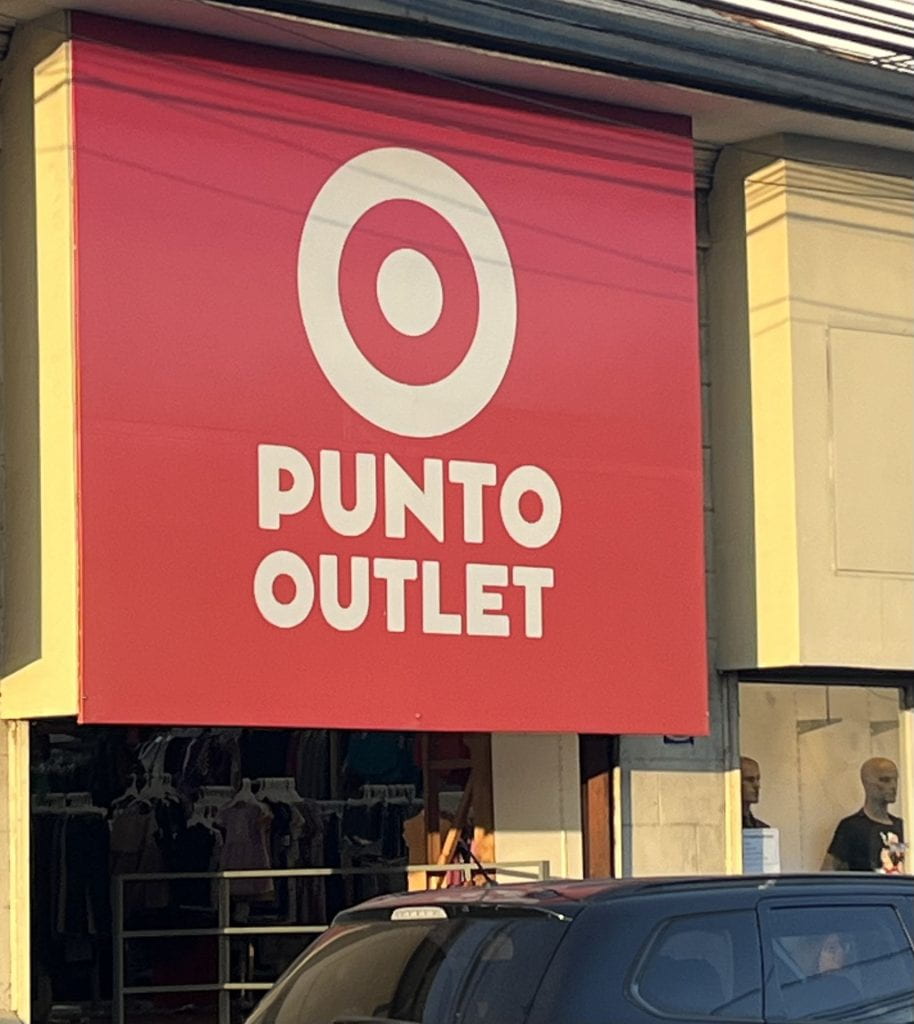
Advice for those interested in studying abroad
Consider your priorities and trust yourself. Before studying abroad, you’ll probably have many questions about where to study, what to study, how to finance your trip, etc. The planning and logistical aspects can be stressful and overwhelming, and you may not know where to start. I recommend considering your priorities for studying abroad. Do you want to fulfill your GURs or major requirements? Is there a country that’s on your travel bucket-list? Do you want to intern, volunteer, or do service-learning? Make a list of your main goals, and what you hope to get out of your study abroad experience. Creating a list of goals can help you decide on a program. And if you’re indecisive (like me), remembering the specific reasons you want to study/intern/volunteer abroad will serve as a compass and help guide you. It’s OK to listen to the advice of others, but ultimately, it’s your experience abroad and trusting yourself – throughout the entire process – is important.
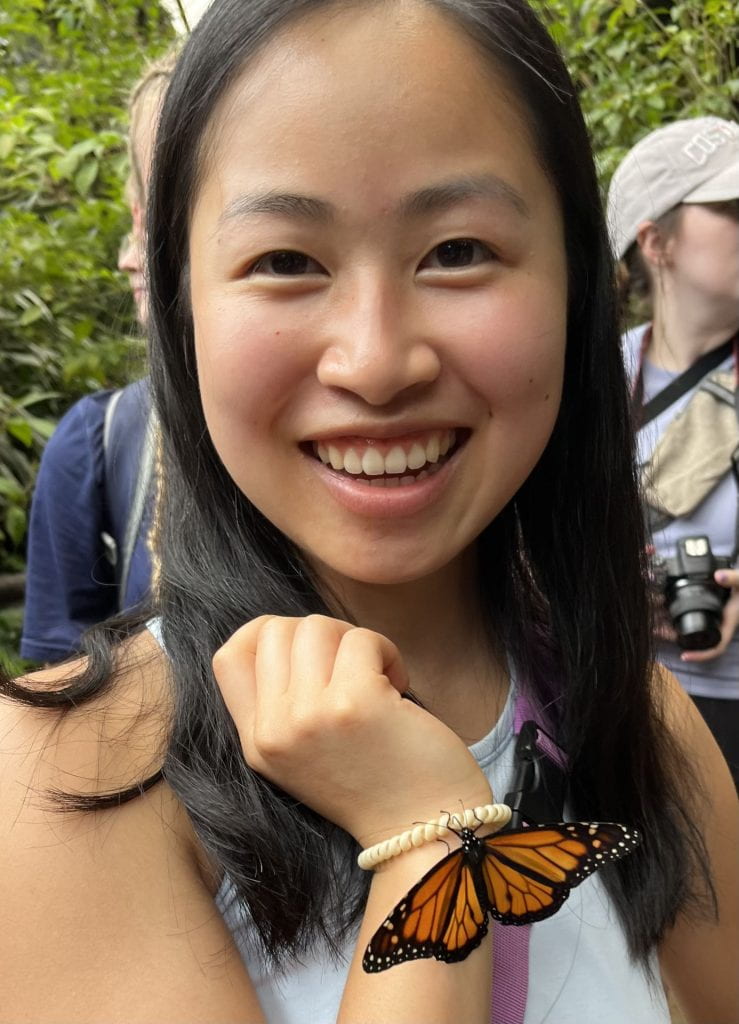
Other thoughts…
In hindsight, something I might have done differently is stayed longer! I went to Costa Rica during winter quarter (early January through mid-March), and while this was a good amount of time, I would have ideally traveled for the whole semester. In my study abroad program, there were students from other universities that use the semester system. When I departed Costa Rica, the other students still had several weeks left of their program. It was difficult to leave knowing that my friends were continuing their study abroad programs, while mine had ended. Since I’m already in my fourth year at WWU, I do not have time to study abroad again. However, studying abroad has ignited a passion for international travel; I’m open to the idea of interning, volunteering, and/or pursuing an international career in the future. I plan to pay it forward by continuing to volunteer in the Bellingham and Whatcom community.
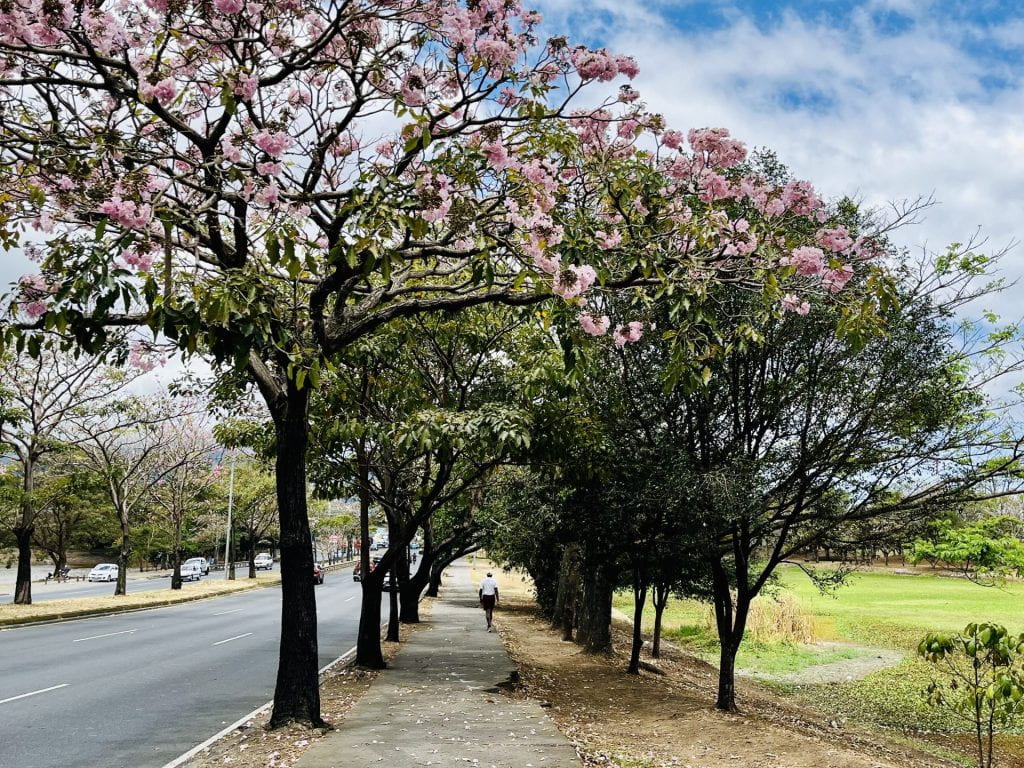
Navigating Emotions & Identity Abroad
While in Costa Rica, I experienced a whirlwind of emotions, which is I recognize is normal. In the months leading up to departure, I was frantic and stressed with preparing for my journey. When I finally arrived, I began to experience the emotional roller coaster of study abroad. There were high points, low points, and everything in between. For the first couple of weeks, it was hard for me to try new things, and I found myself saying “no” to some rare opportunities. But I gradually began emerging from my shell, and saying “yes” to opportunities. For example, I started lifting at Gym ProSalud, and met with a personal trainer. This helped with my mental and physical health, and allowed me to practice my Spanish with fellow gym-goers. Trying new things and keeping an open mind were core aspects of studying abroad.
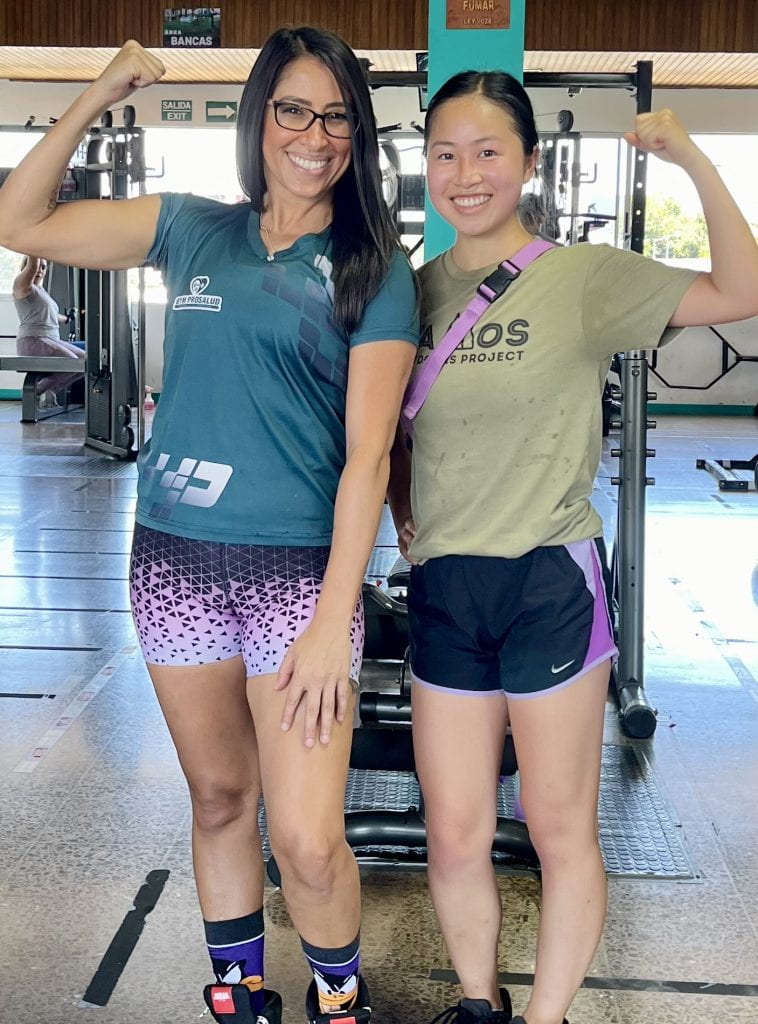
At times, I felt like out of place as a visitor from the U.S. I was hyper-aware of how others perceived me, including my appearance and behavior. Also, I felt self-conscious about my American accent when conversing with Costa Ricans. However, I pushed myself to communicate as much as possible, even if I felt anxious. I rehearsed lines in my head, and wrote down words or phrases I intended to use. When Costa Ricans noticed that my friends and I were U.S. tourists, they sometimes switched to speaking in English, and used the word “americanos/as” to refer to us. This surprised me, because throughout my education, I’ve been taught that using the word “americanos” is viewed as U.S.-centric and offensive, because Latin Americans are Americans, as well, not just people from the U.S. However, rarely did I hear the word “estadounidense” (a person from the United States), which is how some Spanish-speakers refer to those from the U.S. I wasn’t exactly sure why Costa Ricans referred to me and other U.S. visitors as “americanos”. I’m wondering if perhaps it has something to do with Costa Ricans’ positive attitude toward the U.S., and the strong influence of U.S. culture in Costa Rica.
Also, as someone female-identifying, I had to adapt to social norms regarding gender. For example, I dressed more conservatively and avoided going out at night. I tried not to make eye contact with people of the opposite sex when walking down the sidewalk, since I was told that any friendly interaction might be misinterpreted as something more. Also, while Costa Rica is mostly LGBT+ friendly, many people still believe in the classification of gender binary. Some of my peers who identified as queer felt misgendered when others used incorrect pronouns or assumed their gender identity. The gender neutral pronoun in Spanish is “elle” (they/them), but I didn’t hear it being used. These circumstances, while not always comfortable, were things that we had to accept with patience and flexibility. Although I experienced some cultural shock, I learned that having an open-mind is what allows you to adapt to the new environment.
To conclude, my study abroad and service-learning experience was memorable, exciting, and meaningful. I achieved my goals of improving my Spanish proficiency, learning about Costa Rican culture and traditions, and engaging with the local community. Most importantly to me, I built meaningful relationships with peers, professors, advisors, and my host family. While not every day was perfect (life isn’t!), and there were numerous challenges, I survived the low moments and came back more resilient. To anyone who is thinking of studying abroad, or is currently studying abroad, my piece of advice is to say “yes” to opportunities that excite you or push you in a good way. Also, it’s okay to say “no” when you’re feeling overwhelmed or overworked; practice following your intuition when faced with a difficult choice or a challenge. You’ve got this! ¡Buen viaje!




